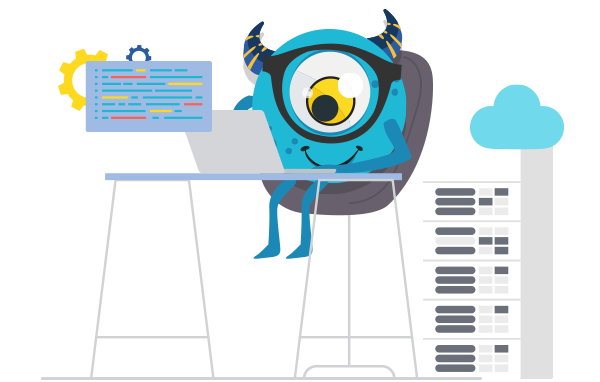What does an OpenShift Engineer do?
An OpenShift Engineer at Kloia focuses on designing and managing Kubernetes-based container platforms, with a specialization in Red Hat OpenShift.
Their responsibilities include (but are not limited to):
- OpenShift Platform Deployment & Management: Design, implement, and manage OpenShift clusters (on-prem or cloud) including IPI/UPI installs, cluster upgrades, and configuration.
- Operator and Resource Management: Work with Operators, CRDs, Helm charts, and GitOps-based configuration management tools like ArgoCD or FluxCD.
- Platform Automation: Automate provisioning, configuration, and scaling of OpenShift infrastructure using tools like Ansible, Terraform, or OpenShift GitOps.
- Multi-tenancy & Governance: Implement RBAC, namespaces, resource quotas, security policies (e.g., PodSecurity or OPA/Gatekeeper), and manage user access.
- CI/CD Integration: Set up and integrate CI/CD pipelines with OpenShift Pipelines (Tekton) or other tools such as Jenkins, GitLab CI/CD, or GitHub Actions.
- Monitoring & Logging: Implement observability stacks using Prometheus, Grafana, Loki, Elasticsearch, and OpenShift Monitoring/Logging Operators.
- Security & Compliance: Apply OpenShift security best practices including image scanning, service mesh (e.g., Istio, Service Mesh Operator), and secure container runtime configurations.
- Support and Troubleshooting: Act as the escalation point for OpenShift issues and platform-related incidents.
- Performance Tuning and Cost Optimization: Tune resource requests/limits, autoscaling policies, and analyze utilization for cost efficiency.
What would an average day look like?
- Start with reviewing cluster health, alerts, and overnight changes
- Join standups with internal or client teams
- Configure or troubleshoot OpenShift Operators and workloads
- Tune and review CI/CD workflows or service meshes
- Participate in design sessions for new cluster builds or platform enhancements
- Monitor performance metrics and plan autoscaling or multi-zone expansions
- Document platform configurations and update runbooks
- Conduct knowledge transfer or capability-building sessions with client teams
Who should apply?
This role is ideal for someone passionate about container orchestration and platform engineering, with solid hands-on experience in OpenShift environments. The ideal candidate enjoys building developer-centric platforms that are secure, scalable, and resilient, and values infrastructure-as-code and automation-first principles.
This all sounds great, what’s it going to do for my career?
You’ll be operating within an environment that’s leading in container platform transformations across industries. You’ll work alongside Kubernetes, Istio, GitOps, and cloud-native enthusiasts. Your exposure to real-world production OpenShift environments will strengthen your expertise in running mission-critical systems.
You’ll also have access to CNCF and Red Hat learning materials, and time for self-improvement on Fridays—plus hackathons and certification support.
Requirements
- Strong experience in OpenShift 4.x, including installation, configuration, and day-2 operations
- Experience with Kubernetes (vanilla or OpenShift), Operators, and CRDs
- Good grasp of Linux systems, networking, and container runtimes
- Experience with infrastructure as code (Terraform, Ansible, Helm)
- Hands-on with CI/CD workflows and tools (Tekton, Jenkins, ArgoCD, etc.)
- Knowledge of security best practices (RBAC, network policies, Pod Security Standards)
- Familiarity with monitoring/logging stacks (Prometheus, Grafana, EFK)
- Bonus: Experience with Red Hat Advanced Cluster Management, Service Mesh, or OpenShift Virtualization

